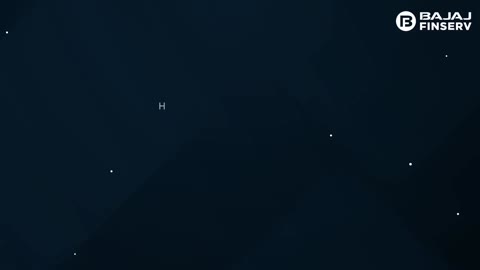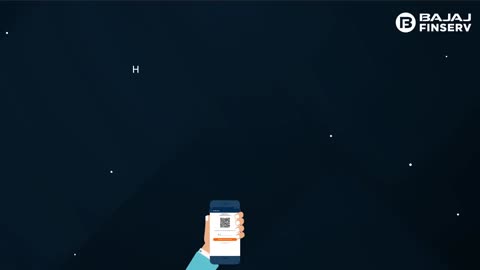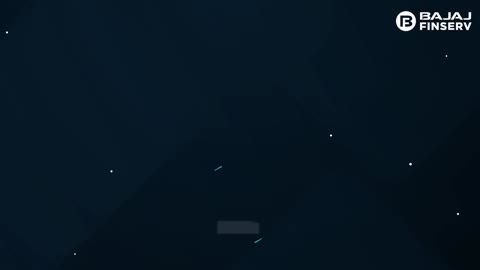Learn all about DGVCL, its services and the zones where it operates. DGVCL online bill payment is quick and secure, offering multiple payment options including net banking, cards, and UPI.
DGVCL Full Form: Dakshin Gujarat Vij Company Limited
Dakshin Gujarat Vij Company Limited (DGVCL) is a public utility serving the southern parts of Gujarat, India. Established in 2003 as part of the unbundling of the Gujarat Electricity Board, it is responsible for the generation, transmission, and distribution of electricity. DGVCL covers several districts including Surat, Bharuch, Valsad, and Dang, ensuring reliable power supply to its consumers. The company is committed to enhancing its infrastructure and integrating advanced technologies to improve service efficiency and customer satisfaction. DGVCL is also involved in various rural electrification projects to expand access to electricity in underserved areas.
Services provided by DGVCL
- Distribution of electricity to residential, commercial, and industrial consumers.
- Maintenance and upgradation of electricity infrastructure.
- Metering and billing for electricity consumption.
- Addressing customer complaints related to outages, billing issues, and metre problems.
Online services for bill payments, metre reading submissions, and complaint registration.
DGVCL zones and their details
DGVCL operates under several circles and divisions spread across its service area. You can find contact information for your local circle or division on the DGVCL website or through their mobile app. This will help you connect with the relevant office for any service requests or complaints.
In addition to finding the relevant information about DGVCL electricity board, you can also complete your electricity bill payment.
Steps to pay your DGVCL electricity bill on Bajaj Finserv BBPS platform
Using the Bajaj Finserv App:
- Download the Bajaj Finserv app from the Google Play Store or Apple App Store.
- Open the app and log in using your existing credentials or register if you're a new user.
- Go to the ‘PAYMENTS’ section and select ‘BILLS AND RECHARGES’.
- Tap on ‘ELECTRICITY’ and choose your electricity provider from the list.
- Enter your customer ID and tap on ‘FETCH YOUR BILL’. This will retrieve your bill details.
- Once the bill details are displayed, select your preferred payment method (credit card, debit card, UPI, etc.) and complete the payment process.
Using the Bajaj Finserv Website:
- Visit the Bajaj Finserv website (https://www.bajajfinserv.in/).
- Go to the ‘PAYMENTS’ section and click on ‘ELECTRICITY BILL PAYMENT’.
- Select your electricity board from the drop-down menu.
- Enter your customer ID and click on ‘FETCH BILL’ to retrieve your bill details.
- Choose your preferred payment method (credit card, debit card, net banking, etc.) from the available options and enter the required details.
- Review and confirm the payment.
You will receive a notification from Bajaj Finserv after successful payment.
The BBPS platform on Bajaj Finserv allows users to pay their bills instantly and securely. Customers can use various payment modes like credit/debit cards, net banking, Bajaj Pay Wallet, and Bajaj Pay UPI.
Conclusion
DGVCL plays a crucial role in ensuring a stable electricity supply for millions of residents and businesses in south Gujarat. Understanding their services and how to contact them for various needs is essential for consumers within their service area.
Recharge and Pay Bills
Frequently asked questions
You can check the billing cycle with the following methods:
- Check your most recent DGVCL bill. The bill might mention the billing period covered by the charges.
Contact DGVCL customer care through their helpline number (likely available on your bill or website) and inquire about the billing cycle.
DGVCL's mission and vision can be inferred as:
- To reliably distribute electricity to consumers in its designated area.
- To improve the efficiency and quality of power supply.
To provide prompt customer service and address consumer grievances effectively.
Dakshin Gujarat Vij Company Limited (DGVCL) provides free electricity up to certain units based on the consumer's category. For Below Poverty Line (BPL) consumers, the first 30 units of electricity are charged at a highly subsidised rate, and for general residential consumers, the rates are structured progressively based on the consumption slabs (Electrical4U). However, there is no indication of completely free electricity for typical consumers under DGVCL's current policy.




